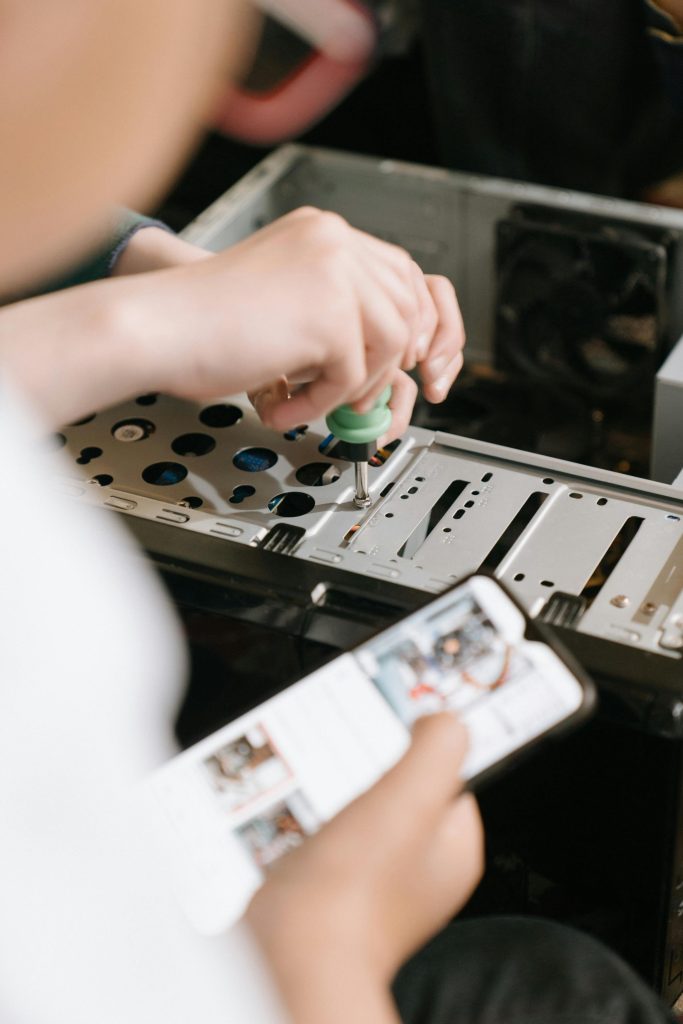Identifying Your Laptop and Its Charger Requirements
When faced with a laptop that you’re unfamiliar with, it’s completely understandable to seek guidance on both the device itself and the appropriate charger it requires. Whether you’ve come across a second-hand laptop or simply need to replace a lost charger, determining the specifics can be straightforward with the right information.
Understanding Your Laptop Model
The first step in identifying the type of laptop you own is to check for model specifications. Most laptops have a label or sticker located on the bottom or under the battery that displays the model number. This information is crucial, as different models often use distinct charging mechanisms and voltage requirements.
Charging Compatibility
Once you’ve established the laptop model, your next step is to determine the type of charger needed. Laptop chargers vary significantly in terms of connector type, voltage, and wattage. For reliable charging, matching these specifications is essential.
To find the suitable charger, you can either refer to the manufacturer’s website, where they typically list compatible accessories, or consult the user manual that accompanied the laptop. Additionally, if you’re considering third-party chargers, be sure they meet the same specifications to ensure safe and effective charging.
In summary, correctly identifying your laptop model and understanding its charging requirements will not only help in purchasing the right charger but also extend the life of your device. If you have any further questions or need assistance, don’t hesitate to reach out to tech forums or professional support for guidance.
Share this content:




To identify the specific type of laptop you have, locating the model number is key. Check the label or sticker usually found on the bottom of the device or beneath the battery if removable. Once you have the model information, you can visit the manufacturer’s official website or consult the user manual for detailed specifications, including the required charger type, voltage, and wattage.
For the charger, ensure that the connector matches your laptop’s port—common types include barrel connectors, USB-C, or proprietary connectors. The voltage and wattage ratings should align with the manufacturer’s specifications to avoid damage or charging issues. If purchasing a third-party charger, verify that it lists compatibility with your specific model and meets the necessary power requirements.
If you’re uncertain about compatibility or need a replacement, contacting the manufacturer’s support or an authorized service provider is always recommended. They can provide precise information and ensure you get a safe and effective charger for your device.